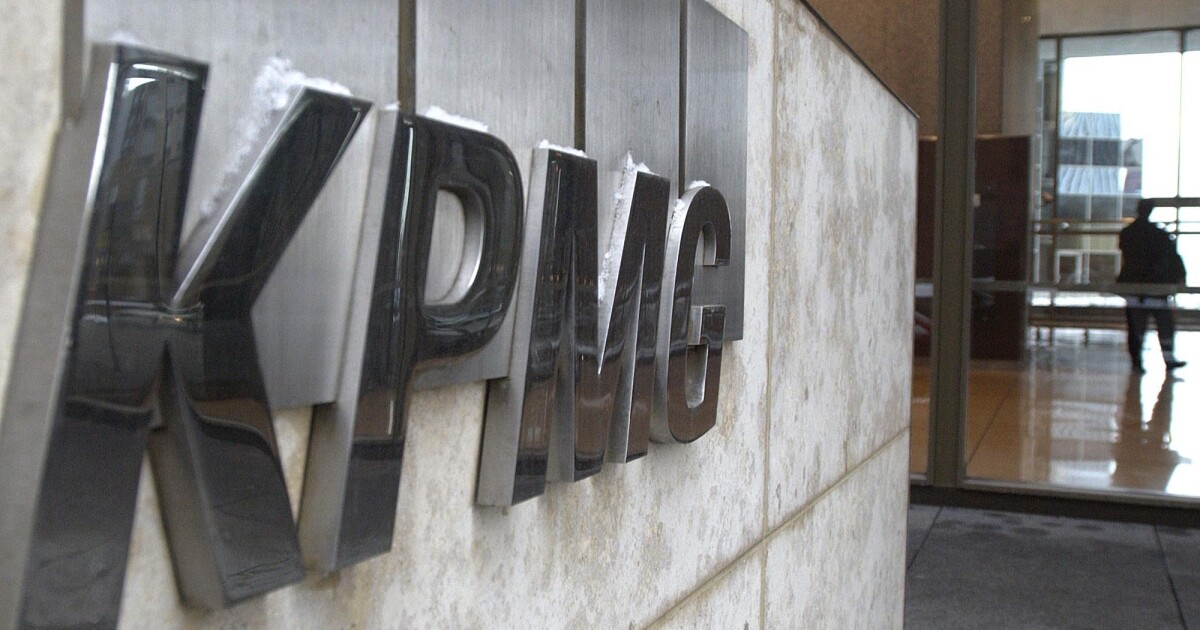FILE – The Jerry Colangelo Museum at Grand Canyon University is seen at at dusk in Phoenix, on Sept. … [+]
Copyright 2017 The Associated Press. All rights reserved.
Grand Canyon University (GCU) is being fined $37.7 million after the Department of Education found that it lied to more than 7,500 students about the cost of its doctoral programs as a way to increase enrollment.
A program’s price is important when students are deciding where to attend college, and even more so for students heading to graduate school, where funding tends to be more limited and loan amounts can be large. Knowing exactly what you will pay is of vital importance.
The Department of Education found that GCU advertised prices for its doctoral programs that only 2% percent of those programs’ graduates ended up paying. The rest paid more—much more. By the time they completed their degrees, 78% of graduates from these programs had paid $10,000-12,000 more in total tuition than GCU advertised. The increase in total costs stemmed from “continuation courses”—classes that were required for most students to complete their dissertations but that GCU failed to make clear in enrollment and financial aid disclosures.
Most GCU doctoral programs cost $40,000-$49,000, so the difference between advertised and actual prices amounted to a tuition increase of 25% from what GCU told students to expect to pay and what most students in the doctoral programs ended up paying.
“GCU lied about the cost of its doctoral programs to attract students to enroll,” said FSA Chief Operating Officer Richard Cordray in a statement. “FSA takes its oversight responsibilities seriously. GCU’s lies harmed students, broke their trust, and led to unexpectedly high levels of student debt. Today, we are holding GCU accountable for its actions, protecting students and taxpayers, and upholding the integrity of the federal student aid programs.”
Colleges and universities that receive federal financial aid dollars are required to abide by regulations governed by the Higher Education Act. These requirements include promising not to engage in “substantial misrepresentation.” Colleges are also required to accurately disclose the cost of tuition and do so in ways that are easy to access and understand. The Department found that GCU failed to abide by these requirements and failed to properly correct the problems in a timely fashion.
The Department letter stated that the misrepresentations had been going on since at least 2017 and that the “fine print” disclosures GCU used were often misleading or incomplete. The fine the department is levying is large, at $5,000 per infraction (i.e., the number of students in enrolled in GCU doctoral programs), but much less than the maximum amount the Department could have fined the college. The maximum fine could have been over $500 million if the Department had used its authority to charge more than $67,000 per infraction.
GCU has had a tumultuous recent history. It started out as a private non-profit college, but in the early 2000s, amid financial difficulties and falling enrollment, it was bought over by investors and turned into a for-profit operation. In 2018, GCU transitioned back to being a non-profit, though the school’s former owner, Grand Canyon Education (GCE), remained a separate for-profit company that the university contracts with to provide a range of functions, including recruiting, marketing, and various support services.
While GCU’s change in status was recognized by the IRS, it failed to secure non-profit recognition from the Department of Education. For-profit colleges are subject to stricter regulations when it comes to federal financial aid, so being classified as a non-profit by the Department can be advantageous to colleges. However, the Government Accountability Office (GAO) raised concerns in 2021 that many colleges were pursuing conversion to non-profit status while their former owner retained significant financial interests in the school. The GAO report noted that around one-third of conversions included setup arrangements like that found between GCU and its former owner, where the new non-profit school pays an associated private company to run substantial portions of university operations.
Earlier this month, before the fine was announced, the President of GCU, Brian Mueller, who is also the CEO of GCE, suggested that the university was being unfairly targeted by the Department of Education. He particularly bemoaned the Department’s unwillingness to recognize its change from a for-profit university to a non-profit for federal financial aid purposes—a decision made during the Trump administration while Betsy DeVos was Secretary of Education. Mueller suggested that the refusal was due to some kind of animus.
The Department of Education under DeVos refused to recognize the conversion to non-profit status, stating in the rejection letter that is believed the main purpose of the conversion was to “drive shareholder value for GCE, with GCU as its captive client—potentially in perpetuity.” GCU is now suing the Department over the decision.
In addition to the fine, the Department is imposing various conditions on GCU in order for its students to continue to receive federal financial aid. These conditions include ceasing to make misrepresentations about the cost of programs, providing quarterly reports to the Department about any other investigations by state or federal agencies, and paying for an outside monitor to ensure it stays in compliance with the conditions.
Grand Canyon University is disputing the Department’s findings and has said it will appeal the fine.
Credit: Source link











